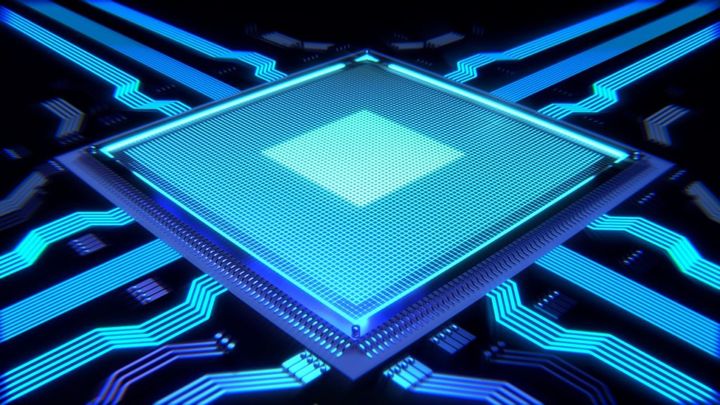Next Windows Update Will Speed up Our Computers
Another major update of Windows 10 - 19H2 - should speed up its operation on some CPUs. The software will be able to make better use of more efficient CPU cores.

According to TechPowerUp, the next update of Windows 10 - known under the codename 19H2 - will enable the OS to better utilize the processor cores. The system will be able to recognize cores that are slightly faster (multi-core CPUs consist of more and less efficient computing units). This means that for threads supported by 1-4 cores, up to a 15% increase in performance can be achieved.
Unfortunately, there is some bad news - in the case of Intel products, this will require support for Turbo Boost Max 3.0 technology. This is currently only supported by the very expensive HEDT (High End Desktop) models, dedicated to the most demanding users who need an exceptionally powerful workstation.
Intel processors with Turbo Boost Max 3.0:
- Intel Core i7-69xx/68xx product family
- Intel Core i9-7900X/i9-7920X/i9-7940X/i9-7960X/i9-7980XE/i7-7820X/i7-9800X
- Intel Core i9-9820X/i9-99x0XE/i9-99x0XE/i9-99x0X
- Intel Xeon product family E5-1600 v4 (single slot models only)
Ordinary fold will have to do without, although in the future TBM 3.0 will probably be supported by "normal" processors as well.
The situation is different for AMD CPU. The previous Windows 10 update (1903), enabled Ryzen drivers to report the performance of individual cores. According to the editors of TechPowerUp, the system has not been able to use this information with full effectiveness so far, which should be changed in the 19H2 update. Other experts, such as Guru3D editorial staff, are not sure whether the patch will bring further performance improvements to the CPU owners. Microsoft has unfortunately not specified which position is closer to the truth.
0
Latest News
- Butcher's Summit, an impressive free diselpunk FPS, has been released
- Free FPS on Half Life engine gets big update
- On February 3, gaming history could change forever. Red Dead Redemption 2 one step away from a major achievement
- This is not the RPG you expected. Crimson Desert abandons the key elements of the genre, going for original solutions
- Nintendo may unexpectedly beat Sony. State of Play is not to be the only game show awaiting players in February

